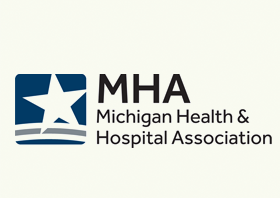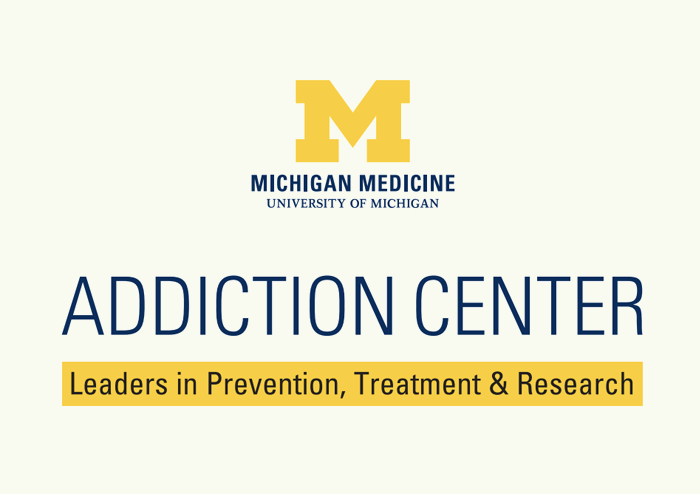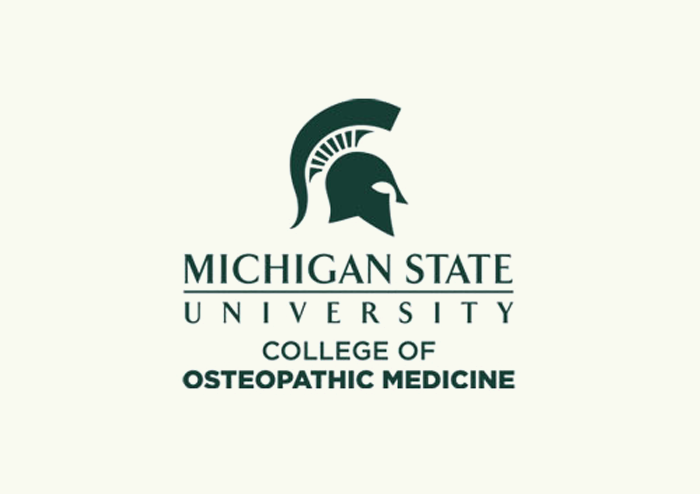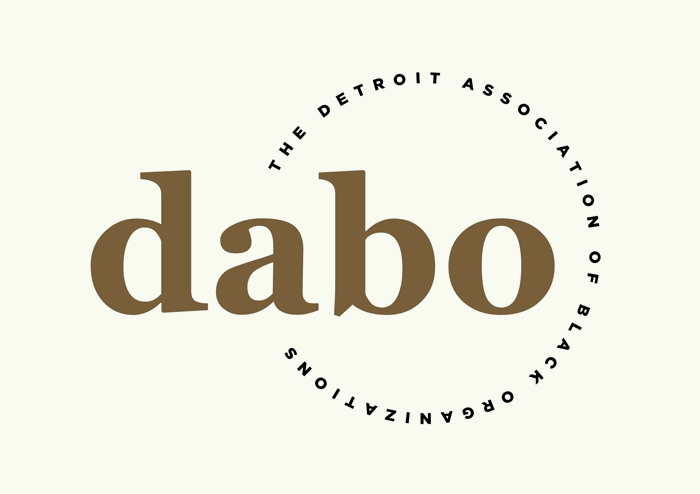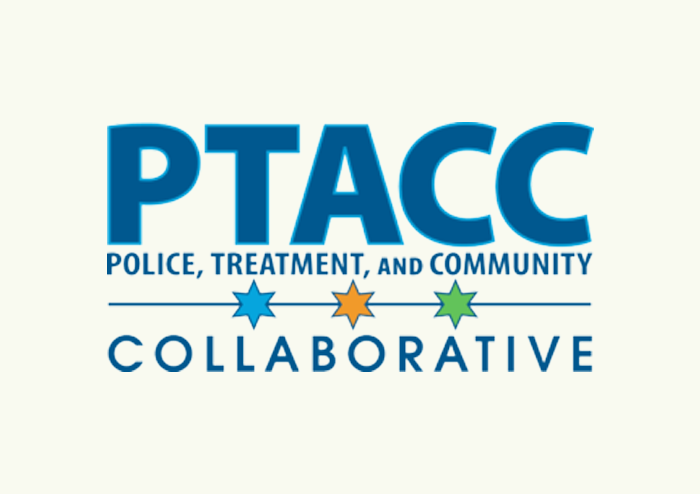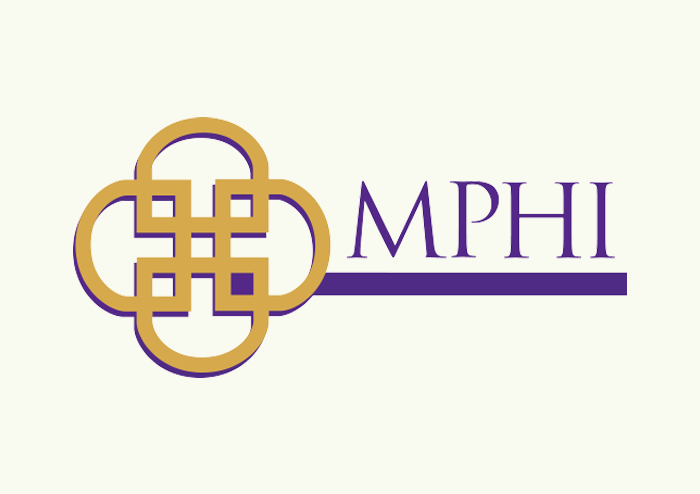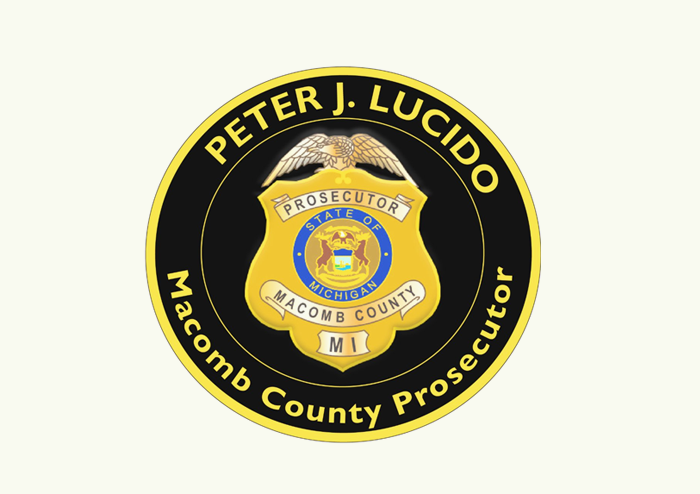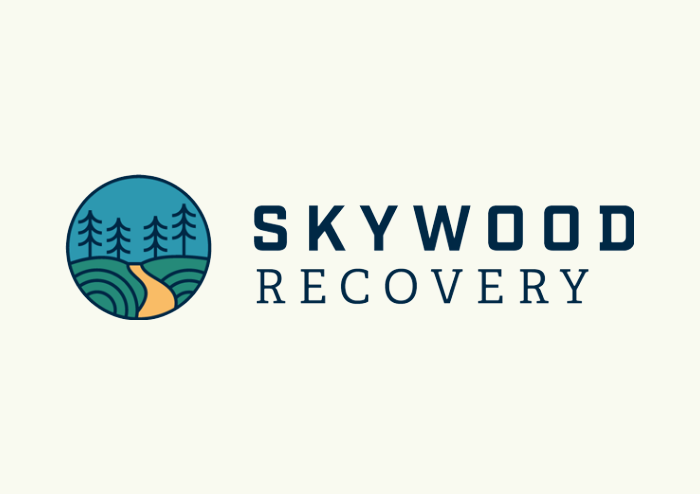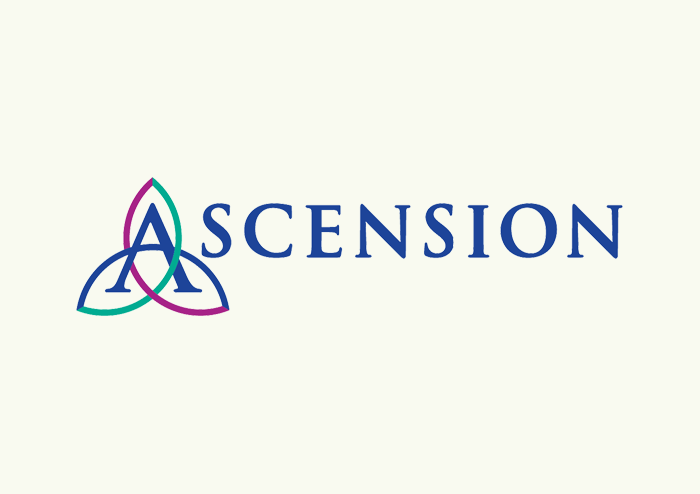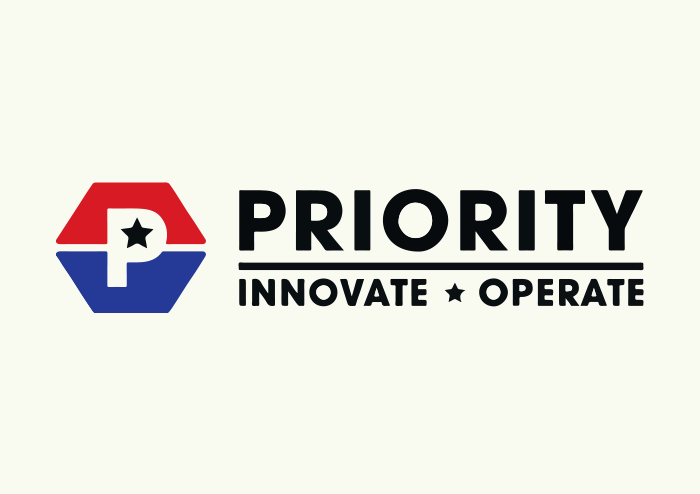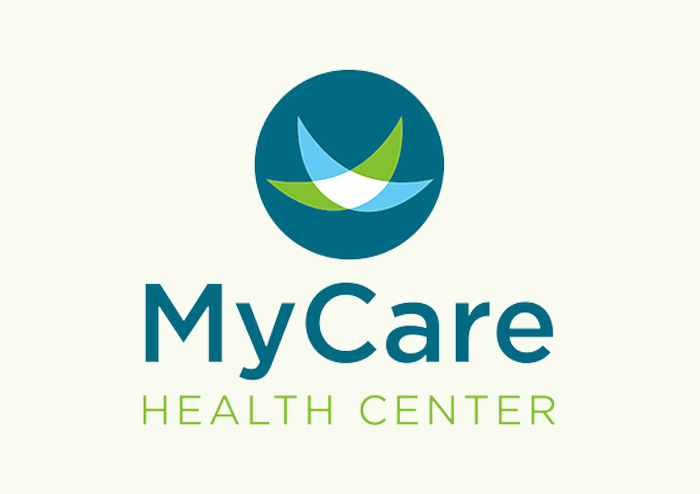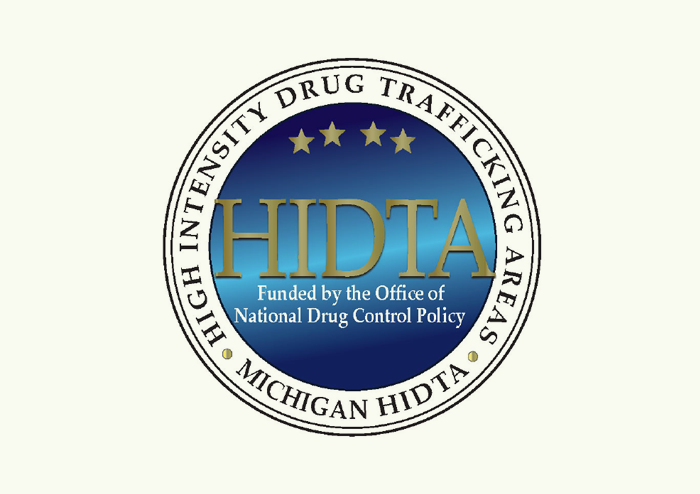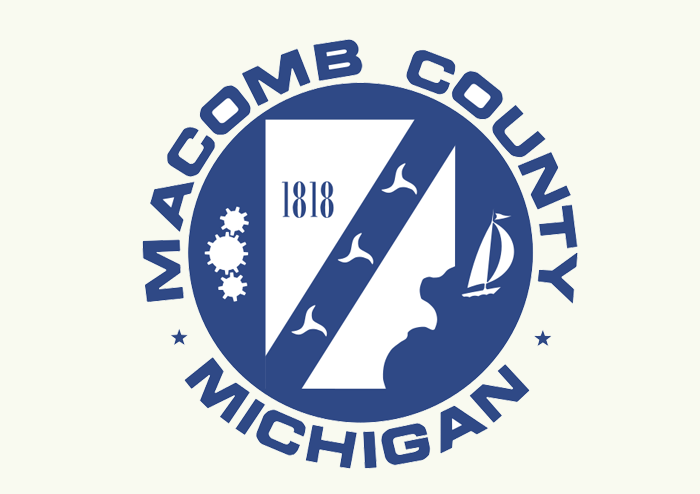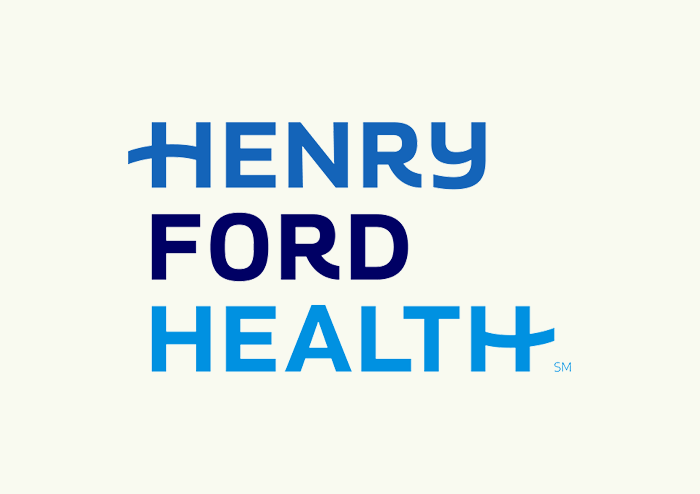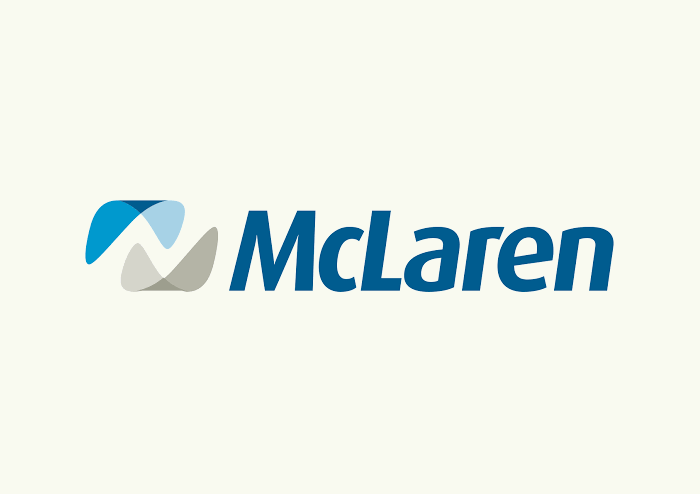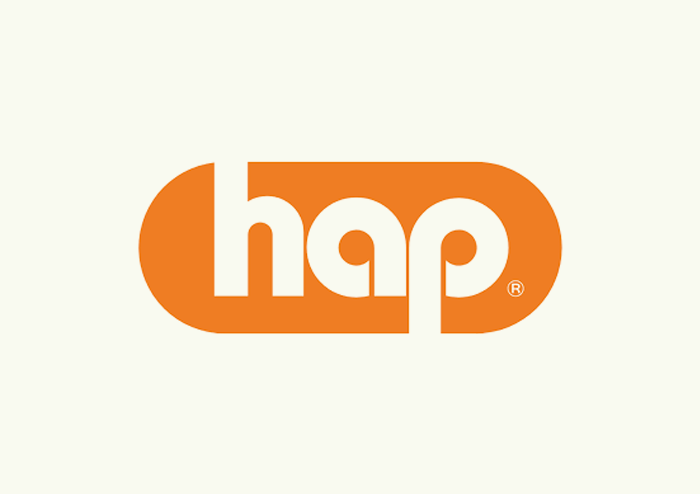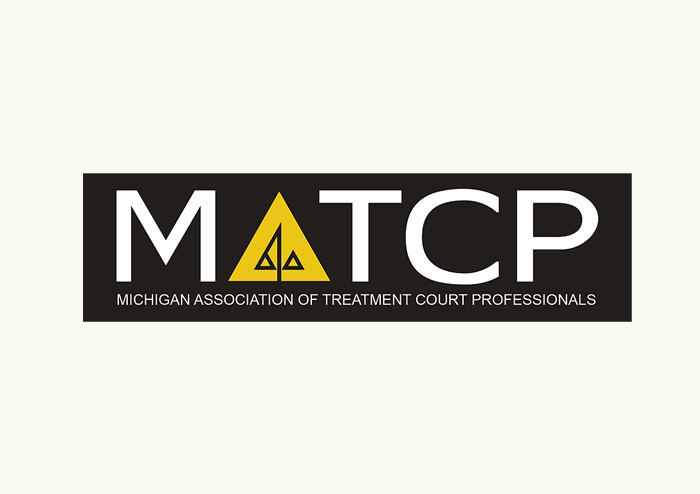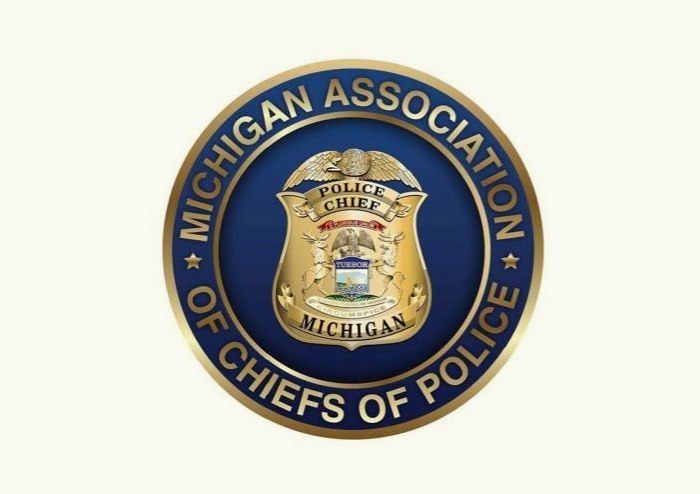Intended Audience:
This presentation is ideal for healthcare providers, pharmacists, educators, parents, community leaders, students, policymakers, and anyone interested in learning about the risks of prescription drug misuse and how to prevent it.
Description:
This essential session is designed to educate participants on the life-saving potential of naloxone, a medication used to reverse opioid overdoses. Attendees will learn how to recognize the signs of an opioid overdose and how to safely and effectively administer naloxone. The goal is to prepare individuals to respond quickly and confidently in emergency situations to help save lives.
Key Topics:
-
Understanding Prescription Drug Misuse: Definition and overview of what constitutes prescription drug misuse, including taking medication in a manner or dose other than prescribed, or using someone else's prescription.
-
Commonly Misused Medications: Identification of the types of prescription drugs most commonly misused, such as opioids, benzodiazepines, stimulants, and sleep medications.
-
Scope and Impact: Examination of the prevalence and impact of prescription drug misuse on individuals, families, and communities, including health risks, addiction, and economic costs.
-
Risk Factors: Discussion of the factors that contribute to prescription drug misuse, including ease of access, peer influence, and underlying mental health conditions.
-
Warning Signs and Symptoms: Identifying the signs and symptoms of prescription drug misuse and dependency to aid in early detection and intervention.
-
Safe Medication Practices: Educating on the importance of following prescription guidelines, proper medication storage, and safe disposal methods to prevent misuse.
-
Prevention Strategies: Effective strategies and programs to prevent prescription drug misuse, including patient education, prescription monitoring programs, and local outreach efforts.
-
Treatment and Support: Overview of treatment options for those struggling with prescription drug misuse, including counseling, medication-assisted treatment (MAT), and group-based recovery programs.
-
Role of Healthcare Providers: The critical role of healthcare providers in preventing prescription drug misuse through responsible prescribing practices, patient education, and monitoring.
-
Community Involvement: Encouraging collaboration among healthcare professionals, educators, law enforcement, and local organizations to help prevent and address prescription drug misuse.
